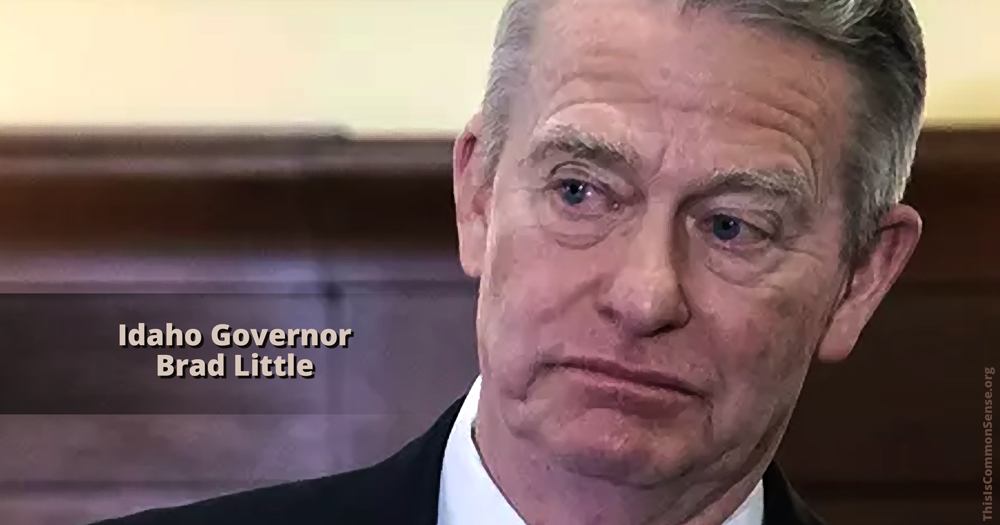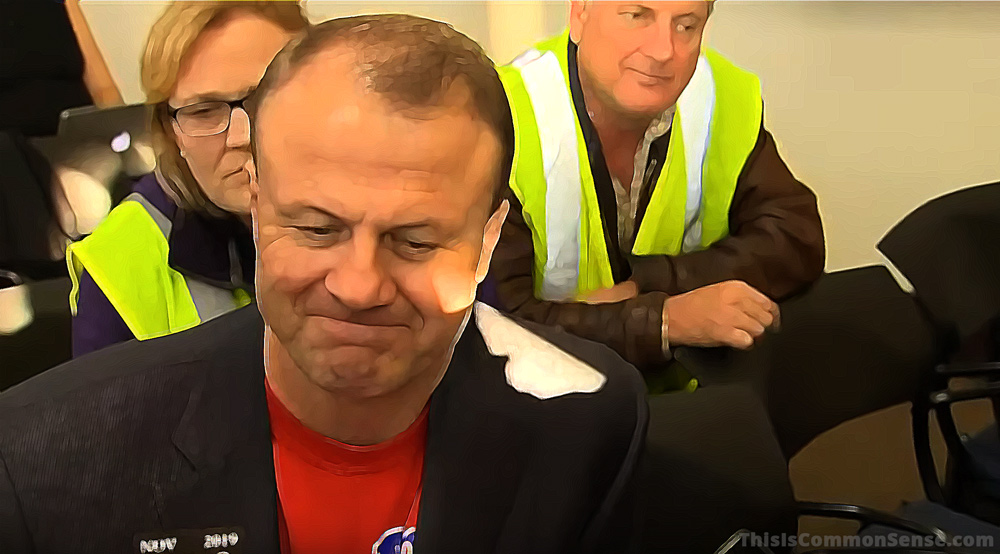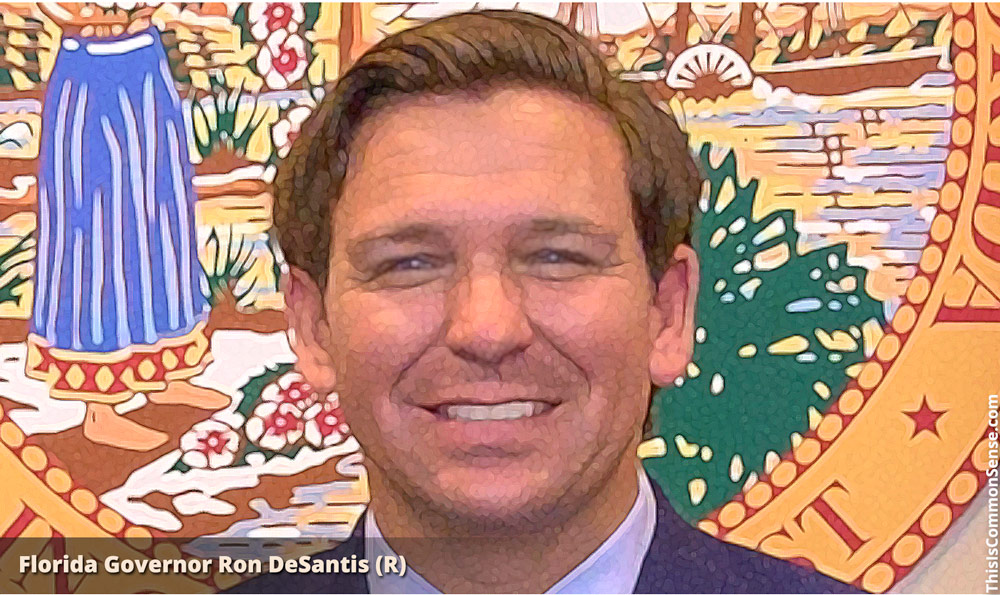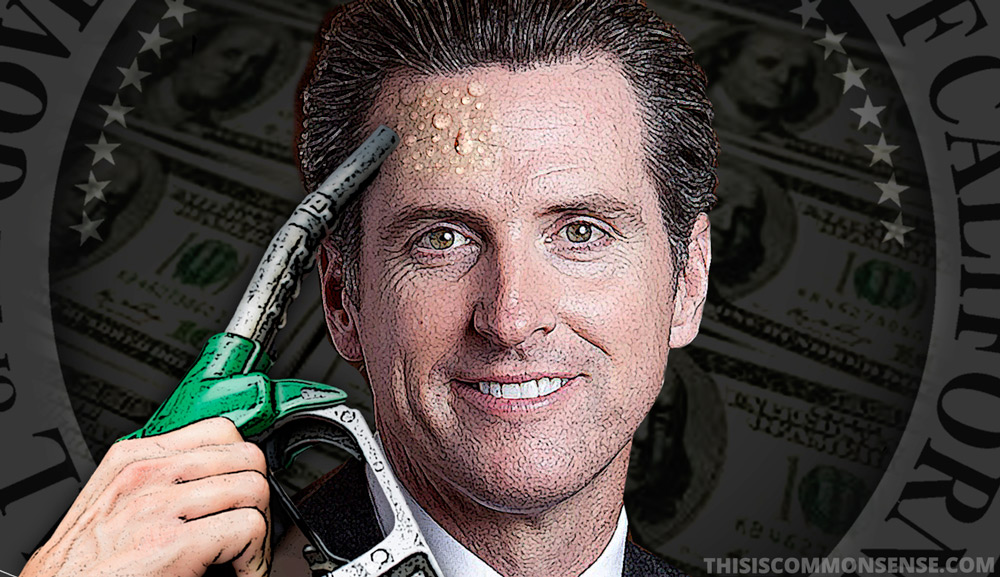Suppose you have the right to walk across a room.
Yet you’re legally chained to a chair.
By your rights, you may get up and walk across the room. But you can’t, because of the chains. You could if only you could. Why, there’s even a document specifying your right to do so. You physically can’t exercise this right; that’s the only problem.
But your right to walk across the room is enshrined and protected.
Or is it?
In fact, we have no right in the sense of a legal ability to do a certain thing if its exercise is, by law, thwarted.
Recently, Idaho lawmakers passed and Governor Little signed a law making it almost impossible for citizens to place a question onto the ballot. Until now, Idaho required that 6 percent of registered voters in 18 of 35 legislative districts sign the petition to send a question to ballot. Gratuitously onerous, but at least possible to comply with.
That possibility was a big problem for opponents of citizen initiative rights, however. Hence the new law, requiring signatures from 6 percent of registered voters in each of 35 districts.
Reclaim Idaho challenged the law. The Idaho Supreme Court is currently hearing the case.
According to Reclaim Idaho co-founder Luke Mayville: “If you claim that the people ought to have a right to put something on the ballot [but] make it impossible to exercise that right, it’s not really much of a right at all.”
Do justice, justices.
This is Common Sense. I’m Paul Jacob.
—
See all recent commentary
(simplified and organized)









